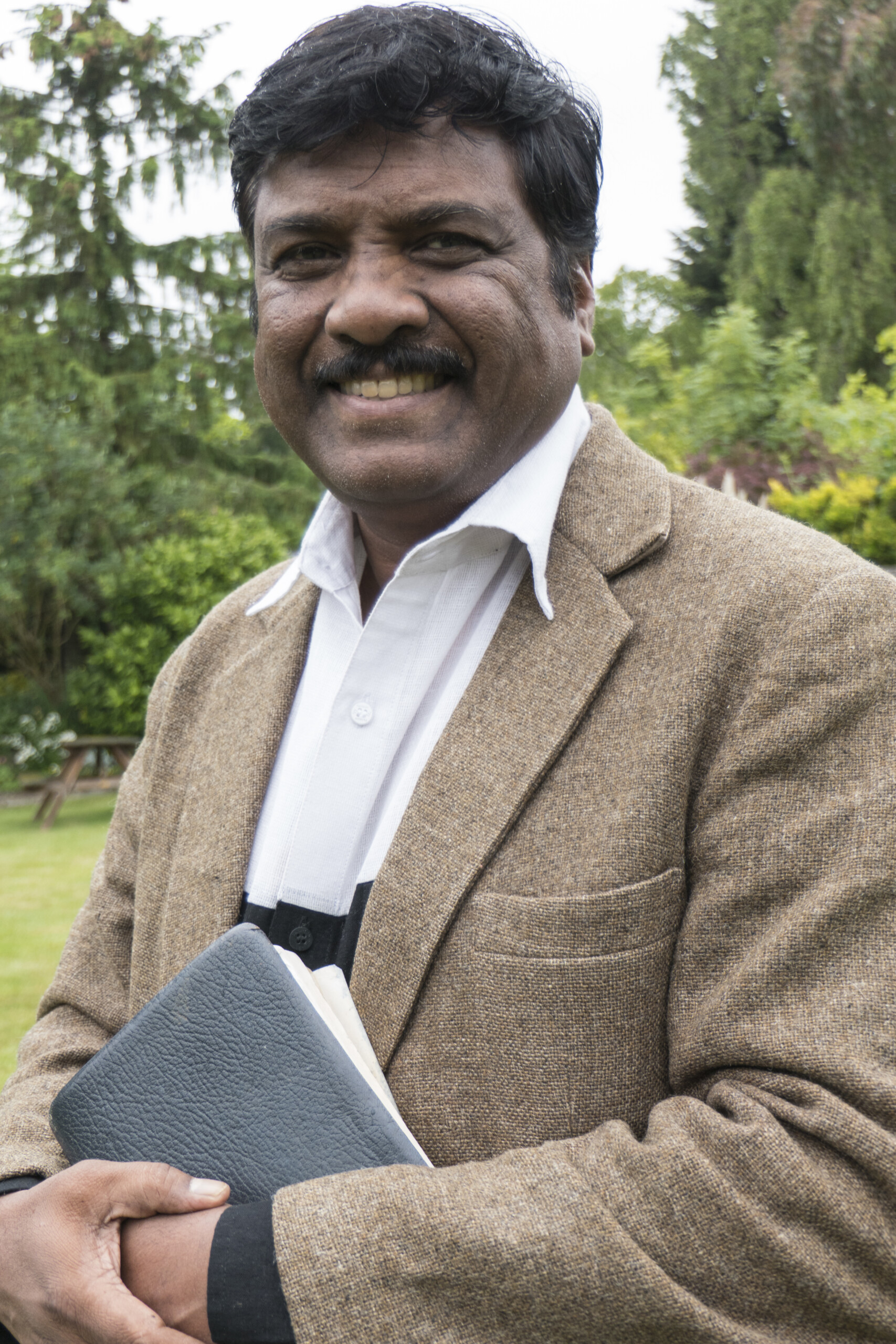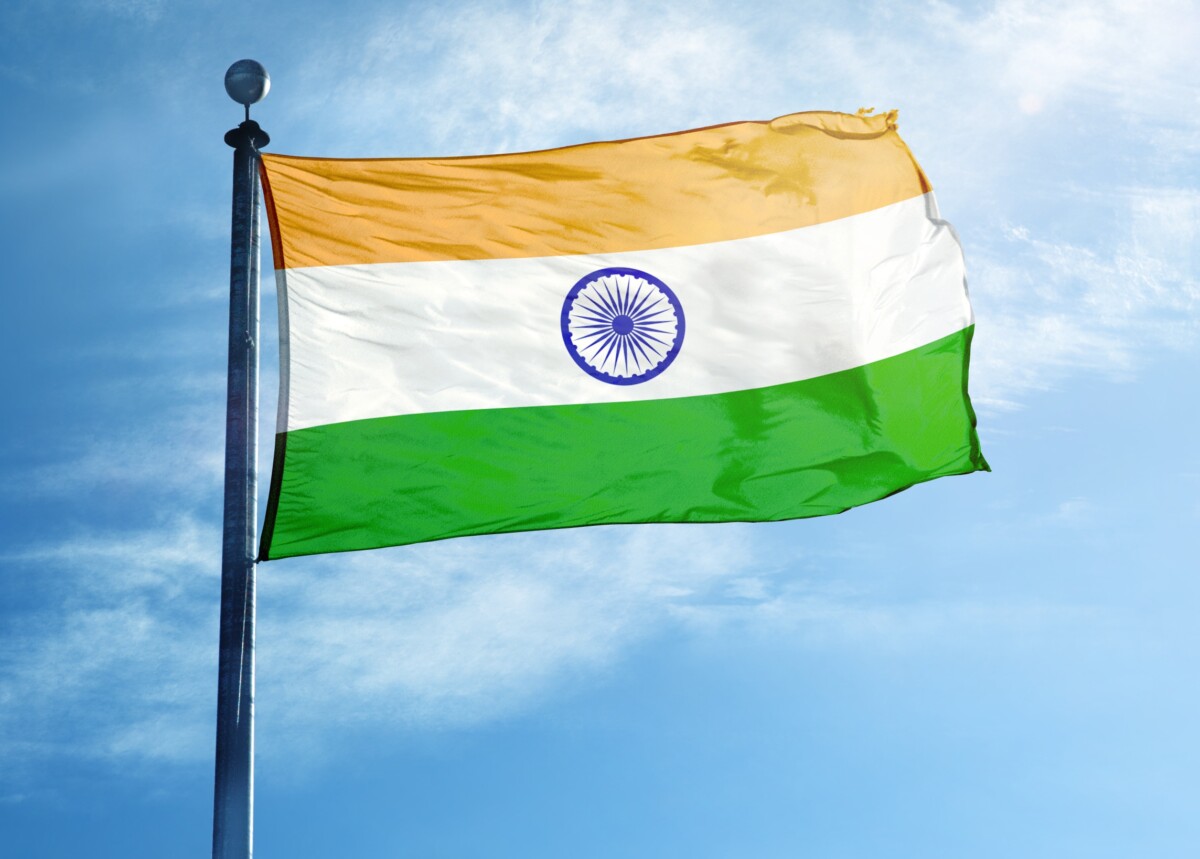
Reports from India show that persecution against Christians is rising. Release asks India to repeal its anti-conversion laws and protect its Christian minority.
The latest annual report of the Evangelical Fellowship of India (EFI) lists 366 incidents where Christians were targeted in 2019.
In the first two months of 2020, the EFI recorded more than 40 attacks against Christians. They write: ‘Most incidents are physical violence, threats, harassment and the disruption of church services by religious radicals or the police.
‘Disruption of prayer meetings and Sunday worship is now a trend across many states. Many Christians have been falsely accused and detained on charges of forced conversion.’
Their previous report for 2018 documented 325 attacks against Christians. Their 2019 report shows an increase of more than 12.5 per cent in recorded persecution against Christians.
The United States Commission on International Religious Freedom has also verified that religious hate crimes in India are rising. Its latest report states: ‘Mob violence was carried out against Christians under accusations of forced or induced religious conversion.’
Repeal anti-conversion laws
Release International, which supports persecuted Christians worldwide, has named India as a country of concern.
‘In the face of growing Hindu nationalism, Christians are increasingly becoming targets for violence and attacks on their churches,’ says Paul Robinson, CEO of Release.
‘We ask the Indian government to acknowledge the growing violence and act to protect its Christian minority. It should repeal the anti-conversion laws, which are being used to stir up religious hatred.’
Release is working with partners to support Christians facing violence. Christians make up little over 2 per cent of the population of India.
And behind those statistics are human stories of genuine hardship and remarkable courage.
Pastor Paulose
On March 3, attackers beat an India pastor to the ground then rode over him repeatedly on motorcycles.
Pastor Isaac Paulose (aged 48) was stopped 300 yards from his home in Madhya Pradesh. Ten men accused him of converting Indians to Christianity and threatened to kill him. They beat him with bamboo rods and a thick metal chain, before running him over with five motorcycles.
According to Morning Star News, Pastor Paulose, of Grace Fellowship Church, suffered a broken rib and head and hand injuries. He told a fellow Christian leader he was not scared, but was glad to suffer for the name of Jesus.
Nationalist violence
Ultra-nationalism is on the rise in India. Last year’s General Election produced a landslide victory for the nationalist BJP. Attacks against India’s Christian minority have more than doubled since the BJP first came to power in 2014.
‘Indian Christians fear this further shift towards nationalism could lead to even more attacks,’ warns Paul Robinson, the CEO of Release International.
‘For years now, nationalist extremists have been fostering intolerance towards Christians, which is increasingly spilling over into violence. At worst, that attitude holds that to be Indian is to be Hindu – and that minorities, including Christians, will no longer be tolerated.’
This coming together of right-wing politics and religious extremism is known as Hindutva.
‘Nationalism and Hindutva go hand-in-hand,’ says Kumar Swamy, the national coordinator of the All-India Christian Council (AICC), a partner of Release International.
‘The typical Hindu sees Christianity as a western religion and Jesus as a western God. This is a totally false notion.’
‘Untouchables’
Right-wing Hindu groups are angered by the growing number of conversions to Christianity by the Dalit underclass. There are between 250 and 300 million Dalits in India today. The Dalits are sometimes referred to as ‘untouchables’ and often seen as sub-human.
They are assigned the most menial jobs in society because many Hindus believe that extreme poverty is the Dalits’ ordained lot in life.
But growing numbers of Dalits are responding to the Christian message that they are loved and valued. And that gospel message won the heart of Release partner Kumar Swamy:
‘In my childhood, I constantly used to hear my mother saying we are Untouchables – ‘subhuman’ is the word she used – I vividly remember – that we are not human beings. And that’s how I grew up, constantly hearing from my own mother that I am a subhuman, I am not a real human being.
‘So I have seen myself, as a Dalit, that it is only the gospel that gives value to human beings. There is dignity in the gospel – and that’s what every Dalit longs to hear. He wants to be treated as a human being.
‘The gospel is the answer to the problems of the Dalits – this gospel, which has the power to liberate, give dignity, hope and true liberty.
‘When a Dalit hears that he or she is created in the image of God, they realise there is a God who treats them equally. Dalits are coming to Jesus Christ in large numbers.’
Anti-conversion laws
And as increasing numbers of Dalits become Christians, more states in India are reacting by passing anti-conversion laws, which, believes Paul Robinson, ‘will pave the way for further violence.’
The latest state to legislate against freedom of faith is Uttarakhand. Christians there who share their faith could face a jail sentence of up to five years.
The new law requires clergy leading a person to Christ to give one month’s notice, which will trigger a police investigation into the proposed conversion. And individuals wanting to change their religion must first get permission from the state government.
The law legislates against ‘forced conversion’. On the face of it, this may sound reasonable. But the law is wide open to abuse. Any warning of judgement could be considered a threat, and the promise of heaven as an inducement. And Christian charitable works could be portrayed as a form of bribery.
Hindu radicals have made death threats against Christians in Uttarakhand and have ordered them to close their churches. Acts of intimidation are reported on an almost daily basis.
Similar anti-conversion laws are in force in Odisha, Madhya Pradesh, Chhattisgarh, Gujarat, Himachal Pradesh and Jharkhand, and are pending elsewhere.
Significantly, there have also been moves to impose anti-conversion legislation that would be binding across the whole of India.

Kumar Swamy of the All-India Christian Council warns: ‘The BJP has an agenda to bring the anti-conversion law across the nation. Several top influential ministers are pushing this. We are really concerned about this draconian law.’
There are also moves in India to amend the constitution to turn the country from being a secular state into a Hindu state.
Pray for India
‘Please pray for India,’ says Kumar. ‘Our prayer is that in spite of the persecution, the Church of Jesus Christ in India will stand strong on the word and continue to witness. That we will not fear and not be intimidated, but will continue to be courageous and to stand firm. This is our calling as Indian Christians.
‘We are thankful to God for the partnership of Release International. It is precious. We do not take it for granted, because they are coming to stand with us, not just in prayer, but with practical help.’
Release is training pastors, providing medical support for Christians who are attacked and giving financial support for Christians engaged in legal battles over freedom of faith, which can go on for years.
Release Partner, the AICC, is a nationwide alliance set up in 1998 to give a united voice to Indian Christians. It cuts across denominational barriers to prevent the growing violence against the Christian minority.
Through its international network of missions Release International is active in about 25 countries around the world, supporting pastors, Christian prisoners and their families; supplying Christian literature and Bibles; and working for justice.
